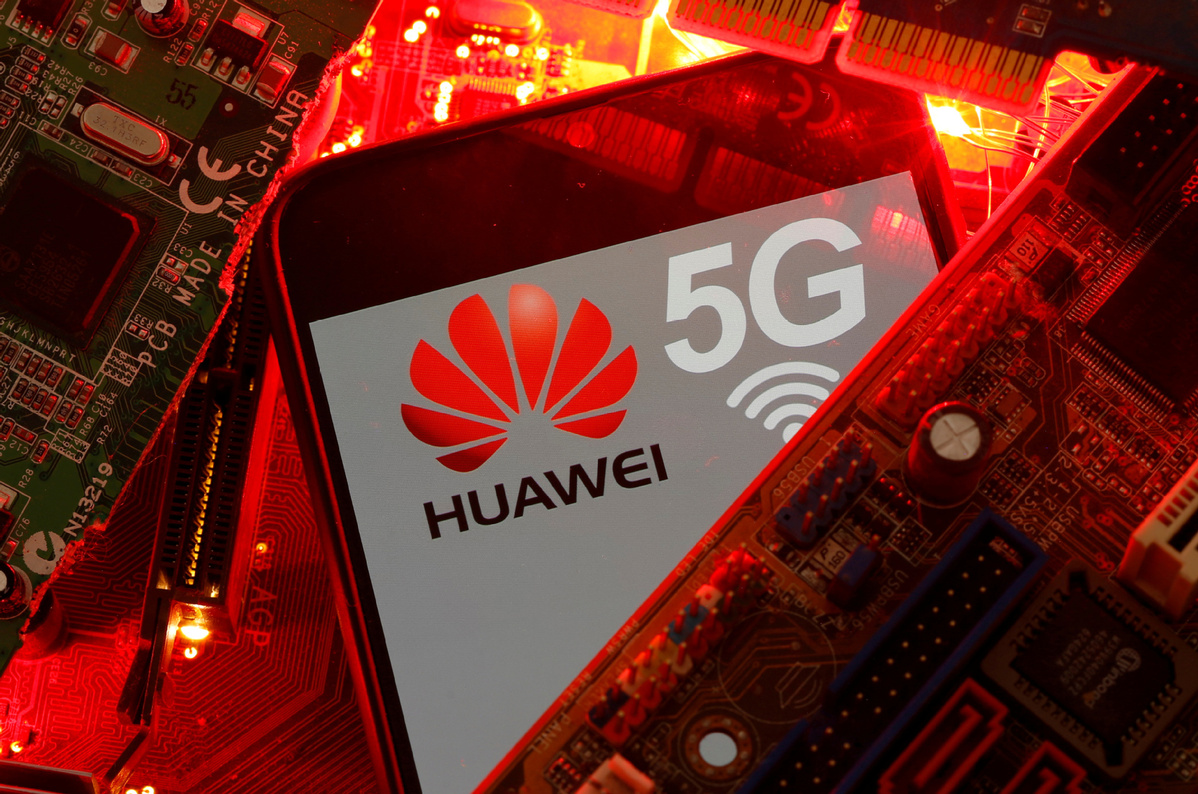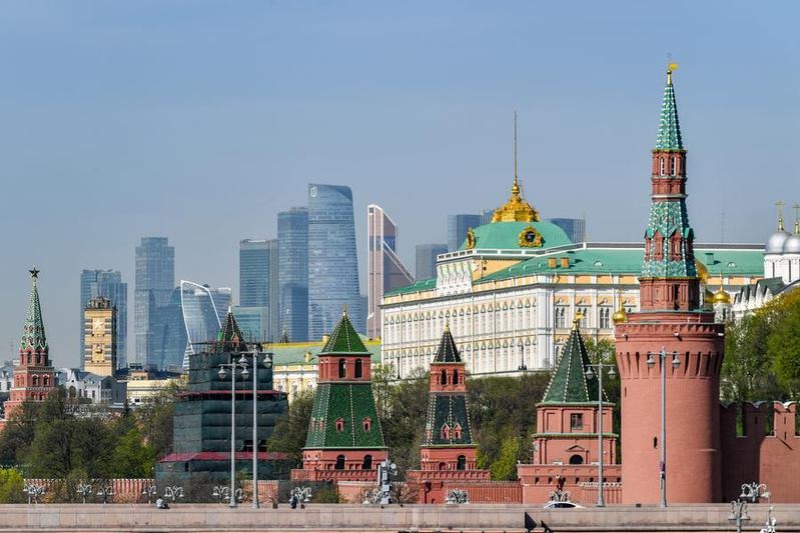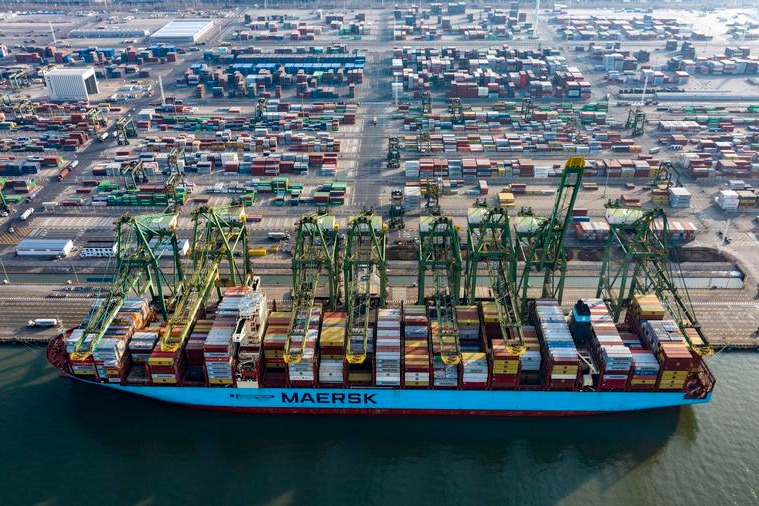Banning Huawei hurts India's interests: China Daily editorial


The Indian government has not issued any formal ban on Chinese suppliers, yet "the government is not going to allow Chinese equipment" to be used, a top telecom industry executive was quoted by the Financial Times as saying in a report on Tuesday. "It's really game over," he said, adding that India's telecoms department "has already disallowed 5G testing with Chinese vendors".
If so, the decision to phase out Huawei and other Chinese equipment companies from India's telecommunications networks is another consequence of the deadly border clash in mid-June, which has strained relations between the two countries.
India gave the green light for Huawei to participate in its 5G trials last year, as the Chinese telecom equipment giant has already established a major presence in the world's second-largest mobile market over the past two decades. Huawei's 4G smartphones are popular in India, and the company has invested more than $2 billion in the country. Its research and development center in Bengaluru, where core technologies are being developed, is the company's largest outside China.
Yet China-India trade and economic ties have taken a nose-dive in recent months after the deadly clash on the border, with the Indian government having already blocked about 60 Chinese apps such as TikTok and WeChat on the pretext of national security. Catering to rising nationalistic sentiment in the country with the additional boycotting of Huawei not only constitutes a gross violation of market rules, it will likely push India's trade and economic relations with China to a new low. China has previously warned that there could be consequences for Indian companies operating in China should India not provide a fair, just and nondiscriminatory commercial environment for Chinese enterprises' investment and operations.
Excluding Huawei would run counter to the "national treatment" principle of the World Trade Organization, and New Delhi's readiness to disregard market rules for political expediency reveals the capriciousness of its domestic policies, which are at the whim of its appeals for public favor.
Yet the witch hunt against Huawei is a double-edged sword that will also hurt India's own interests, by compromising its economic growth and delaying the rollout of next-generation mobile services. It has been estimated that blocking Huawei from participating in the country's 5G rollout may result in a loss of at least $4.7 billion for India by 2035, according to a report of Oxford Economics last year. The report also projected that the cost of India's 5G network will increase by 8 percent to 27 percent if Huawei is not involved.
The move, of course, will win approval from the United States administration which has done all it can to strangle Huawei and blunt China's technological edge globally. It is sad that despite its proclaimed foreign policy independence, New Delhi has chosen to join Washington's anti-China chorus, even at the expense of its own national interests.

































